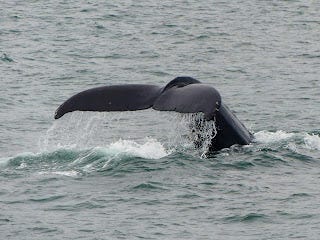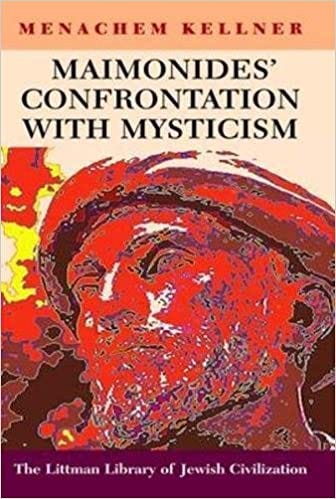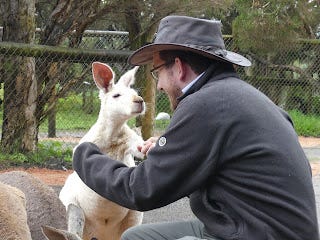Torah and Alaska

One of my sons with me, heading out
on a tiny floatplane to film bears
Last week I had the good fortune to be in Alaska, on a trip that combined multiple functions - filming for a museum documentary, acquiring new museum exhibits, and spending time with family on a vacation. On the kosher cruise program of which we were a part, I was due to give some lectures. Now, on a regular Shabbos I see no need to always tie in divrei Torah to the weekly parashah. However, when the context is an unusual one, I like to give shiurim that do tie in to the context. But how do you connect Torah to Alaska?

I photographed this humpback whale diving deepOne of my lecture topics was an easy choice - speaking about the wildlife of the Torah that is found in Alaska. Whales and bears in particular are significant animals in the Torah that are no longer seen in the Land of Israel (the last wild bear was killed exactly a hundred years ago, and whales are now very rare in the Mediterranean) but are plentiful in Alaska. And so I spoke about whales and the significance of Leviathan, and bears in the Talmud and Midrash as an analogy for both the Persian Empire and the wife of Potiphar, the significance of which is illuminated with a proper understanding of why bear attacks are different from lion and leopard attacks (for more discussion, see The Torah Encyclopedia of the Animal Kingdom).
But what other connection can be made between Alaska and Torah? In retrospect I could have spoken about the Klondike Gold Rush and how the desire for wealth leads people to madness. Or perhaps about whether one should make a berachah on the awesome spectacle of a glacier. But instead I gave a lecture with the following title: "Could Avraham Avinu have been an Inuit?"
Now, this was a title that led to much confusion. A lot of people thought that the question was absurd. The Inuit are the native tribes of Alaska. Of course Avraham Avinu wasn't one of them!
But my question was not "Was Avraham Avinu an Inuit." Instead, my question was "Could Avraham Avinu have theoretically been an Inuit?" In other words, was it predestined that the Founding Father of the Chosen People would be a Hebrew from Ur Kasdim? Or could the Founding Father have been an Alaskan Inuit, or an Australian Aboriginal, or a Kenyan Masai?

Menachem Kellner discusses this very question in his superb work Maimonides' Confrontation with Mysticism. Basically, the answer (as with the answer to so many questions) is that it's a dispute. According to the Kuzari and subsequent adherents of the mystical school of thought, the answer is no, Avraham Avinu could not have been an Inuit. From before Creation, it was written in the Torah that the Chosen People would be the Hebrews and the promised Land would be Israel. Things could not have worked out any other way.
According to Rambam, however, the answer is yes, Avraham Avinu could have been an Inuit! It has been said, "How odd of God/ to choose the Jews," (to which some reply "it's not so odd/ the goyim annoy 'im"), but Rambam's reply would be "it's not so odd/ the Jews chose God." According to Rambam, the special place of the Jewish People is only due to the fact that their ancestor Avraham discovered and revealed monotheism, which merited them being rewarded with the Torah. Had it instead been an Alaskan Inuit called Akkituyuk who discovered and revealed monotheism, then God would have chosen Akkituyuk's descendants to be His nation.
Furthermore, Rambam has a radically different view of the nature and significance of things such as the Promised Land, the content of the Torah, and Lashon HaKodesh. According to Rambam, these concepts do not relate to metaphysical essences, but rather to circumstantial and institutional significance, which could in theory have been different. Thus, if Akkituyuk had discovered and revealed monotheism, it wouldn't have been practical to reward him with the Land of Israel, but instead a different and more reachable place that is much more amenable than Alaska (perhaps Seattle? I like Seattle). And if an Australian Aboriginal called Alambee had discovered and revealed monotheism, then Hashem might not have instructed his descendants to only eat animals which have split hooves and chew the cud (of which there are none in Australia), but instead to eat kangaroos and not koalas.

"No, sweetie, you're not kosher. But you might have been!"
All this no doubt sounds shocking and inconceivable to many. I urge people to read Maimonides' Confrontation with Mysticism carefully, as it provides an abundance of sources and discussion to prove and explain it. It shows how radically different are various authorities' conception of Judaism. One of the amazing aspects of Judaism is how such radically different views of it are able to co-exist. The reason for this has to do with the fact that ultimately, being part of the halachic community is much more significant than abstract theological discussions. But that's a topic for another post.



